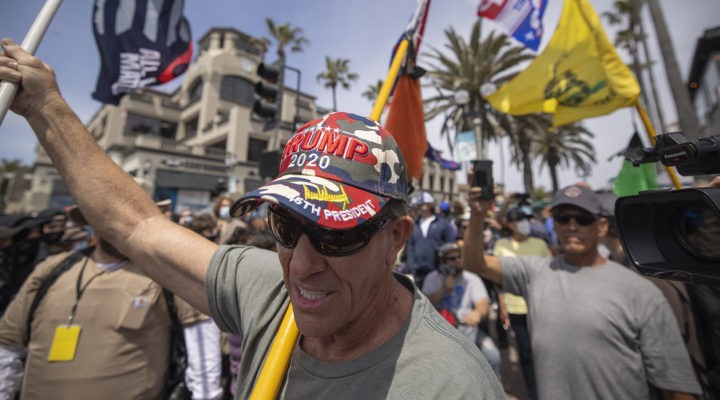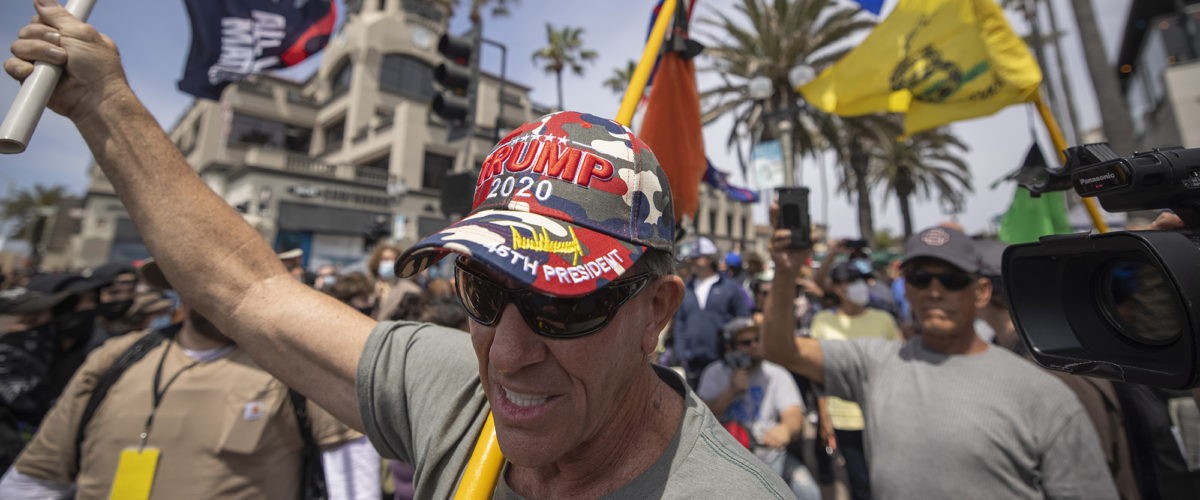Nostalgia for an idealized American past combined with a toxic fear of the future is driving Christian nationalist claims that the coming midterm and 2024 presidential elections are battles between God and Satan in which Democrats are allied with the forces of evil, according to a recent report by the University of California at Berkeley.
The angst fueling the movement also propelled the long-term campaigns that resulted in recent U.S. Supreme Court rulings authorizing prayer at public school football games, expanding federal funding for religious education and striking down Roe v. Wade.
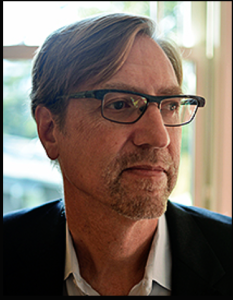
Paul Pierson
“For those who feel like they’re locked in an existential struggle with demonic forces, democracy might feel like a second-level kind of problem,” Berkeley political scientist Paul Pierson said in the article that presents comments and research by numerous university scholars. “They may feel completely justified in using whatever levers of political power are available.”
The report cited comments by Texas Lt. Gov. Dan Patrick to make its case. During the August Conservative Political Action Conference, Patrick claimed the nation’s Christian heritage is in jeopardy and that that conservative support for gun rights and opposition to LGBTQ rights and immigration are part of a much larger, spiritual struggle.
“We have to be ready for the fight because we are not in a fight any longer of Republicans and Democrats of the old days. We’re in a fight of lightness and darkness. We’re in a fight of powers and principalities,” he said.
This far-right mythology arises out of an urgent longing for an American past in which Christianity held sway over culture, Berkeley historian Ronit Stahl said.
“The fiction that some people are trying to build is that there’s a singular conservative Christianity that had a heyday in the past and that can be reclaimed now and used to fashion a new American society.”
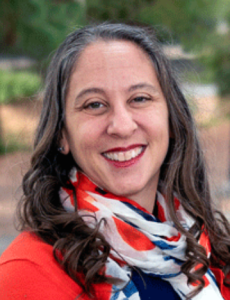
Ronit Stahl
“The fiction that some people are trying to build is that there’s a singular conservative Christianity that had a heyday in the past and that can be reclaimed now and used to fashion a new American society,” she explained. “Some people think we should return to the 1950s, or the 1790s. But those are very clearly moments in which racial inequality and racial hierarchies are enshrined in law.”
That Christian nationalist fiction is imbued with a sense of desperation fueled by a panic brought on by decades of declining church attendance, religious belonging and the percentage of whites in the U.S. population, the scholars explained.
These shifts in the social, political and religious landscape have spurred an existential crisis among right-wing Christians, Berkeley sociologist Claude Fischer said.
“There is a ‘moral panic’ on the right. Social conservatives — distinct from libertarian conservatives — see American society as falling apart, collapsing mainly because traditional organized religion is foundering, and it is foundering because of assaults by ‘secular forces’ in popular culture, universities, tech companies, news media, government and so on.”
One result is belligerent political action,” Fischer said. “Conservative legal figures’ agitated response to trends in religion illustrates what is happening also in school boards, state legislatures, and even the streets: The right is aggressively trying to repel the leftward cultural tide.”
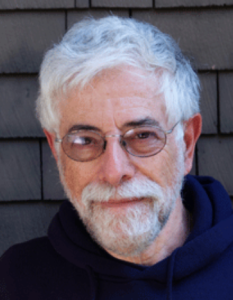
Claude Fischer
But Christian nationalists claim they are merely defending themselves from persecution, the report adds. “Despite their outsized political influence, they see themselves as victims under assault. Their defenses grow more fiery: They oppose teaching critical views of U.S. racial history in schools. They are more vulnerable to QAnon and other conspiracy theories. They’re more likely to mobilize for right-wing demagogues who claim that liberals are mounting an attack on Christmas or that election fraud cost former President Donald J. Trump the 2020 election.”
Fischer added that “this moral panic justifies forceful efforts to defend religion in the courts and presumably thus save the nation.”
Race is baked into the fear and tactics of the Christian nationalist movement, said David Hollinger, a historian of American religion at Berkeley.
The split of American denominations over slavery during the 18th and 19th centuries gave way eventually to churches divided over the Civil Rights movement and desegregation, he said. “Evangelicalism created a safe harbor for white people who wanted to be counted as Christians without having to accept what ecumenical leaders said were the social obligations demanded by the gospel, especially the imperative to extend civil equality to people who aren’t white.”
Its insistence that Christianity become the official religion of the nation makes Christian nationalism a fundamentally anti-democratic movement, another scholar noted.
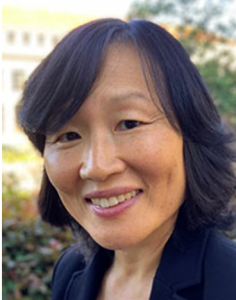
Sarah Song
“In a diverse society like the United States, a democratic government has to be for all the people,” said Sarah Song, professor of law and political science at Berkeley. “If democracy is supposed to represent the interests of all of the governed, including people of different religious faiths and people with no religious affiliation, the political rise of Christian nationalism and the success in implementing certain laws … is corrosive of democracy,”
The UC Berkeley report cited the Jan. 6 insurrection at the U.S. Capitol as a prime example of the threat posed to social political freedom by Christian nationalism: “Attacking a global symbol of democracy based on devotion to Trump and his fabrications about election fraud — in spirit, the rioters seemed far from the humility, compassion and forgiveness that are central to the teachings in the Gospels.”
Fischer added that the attack “reinforces the growing view that organized religion is just reactionary ideology in vestments.”
Related articles:
No, Rep. Boebert, the church is not supposed to ‘direct the government’ | Opinion by Michael Chancellor
Georgia representative says Christian nationalism actually is a good thing
No, BJC has not become a leftist mouthpiece | Opinion by Mark Wingfield

